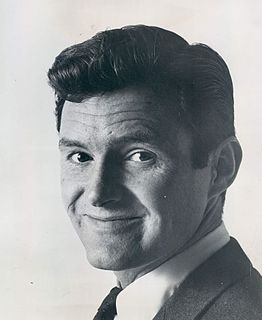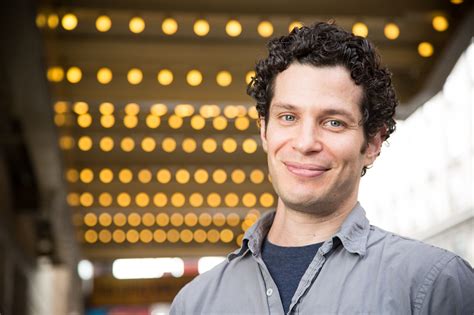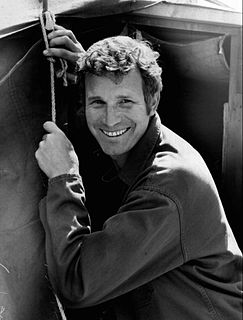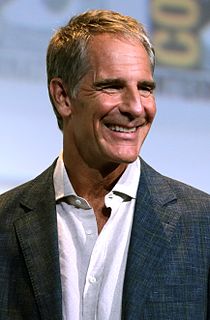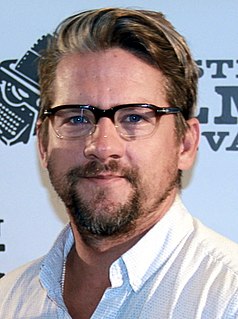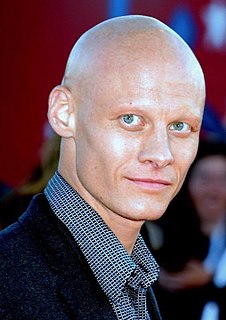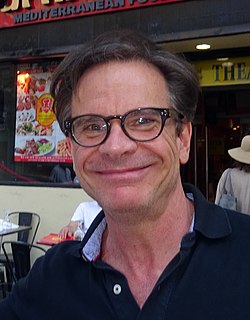A Quote by Laurence Sterne
You can't make theater happen without actors. The actor is the central ingredient in making theater happen. Audiences may come to theaters to see the work of stage managers, directors and producers, but the only people who can communicate theater magic to audiences, through ideas and emotions, are the actors. They are the only ones who can communicate this by themselves, and if necessary, they can get along without you. But you can't make theater without the actor.
Related Quotes
I think film is a world of directors. Theater is a world of actors. Or, theater is for actors as cinema is for directors. I started in theater. Filming is as complete as directing film. In theater, you are there, you have a character, you have a play, you have a light, you have a set, you have an audience, and you're in control, and every night is different depending on you and the relationship with the other actors. It's as simple as that. So, you are given all the tools.
All directors are different. Certainly, the directors that I respond to the most are guys that figure it out by doing it, not by thinking or studying. Also, the kind of actor that I think I am - I learned about theater doing theater, not studying theater. I think that traditional school can be great, but also it can stifle original thought.
I was interning at a children's theater group in Kentucky - that was my first job out of college. I had jumped around a couple of regional theaters, and I was about to go back to Maine to work at a summer Shakespeare theater there. I didn't want to just jump around the country from gig to gig. I really wanted to go to a city and get involved in a theater scene and a theater community.
I want to keep working. I want to step away from young adult fiction. I want to do theater periodically - Farragut North reminded me how great it is. I started out in theater. I trained in theater and then I kind of fell into film and TV. I want to work with interesting artists, talented actors, talented directors, and talented scripts. Not necessarily leading roles.
What I strive to do is to make the theater experience something that people remember and recall rather than dismiss because it was less like their everyday experiences. So, I'm less interested in internal emotionalism and much more in making the audience laugh and cry by the devices that we use as theater actors.



